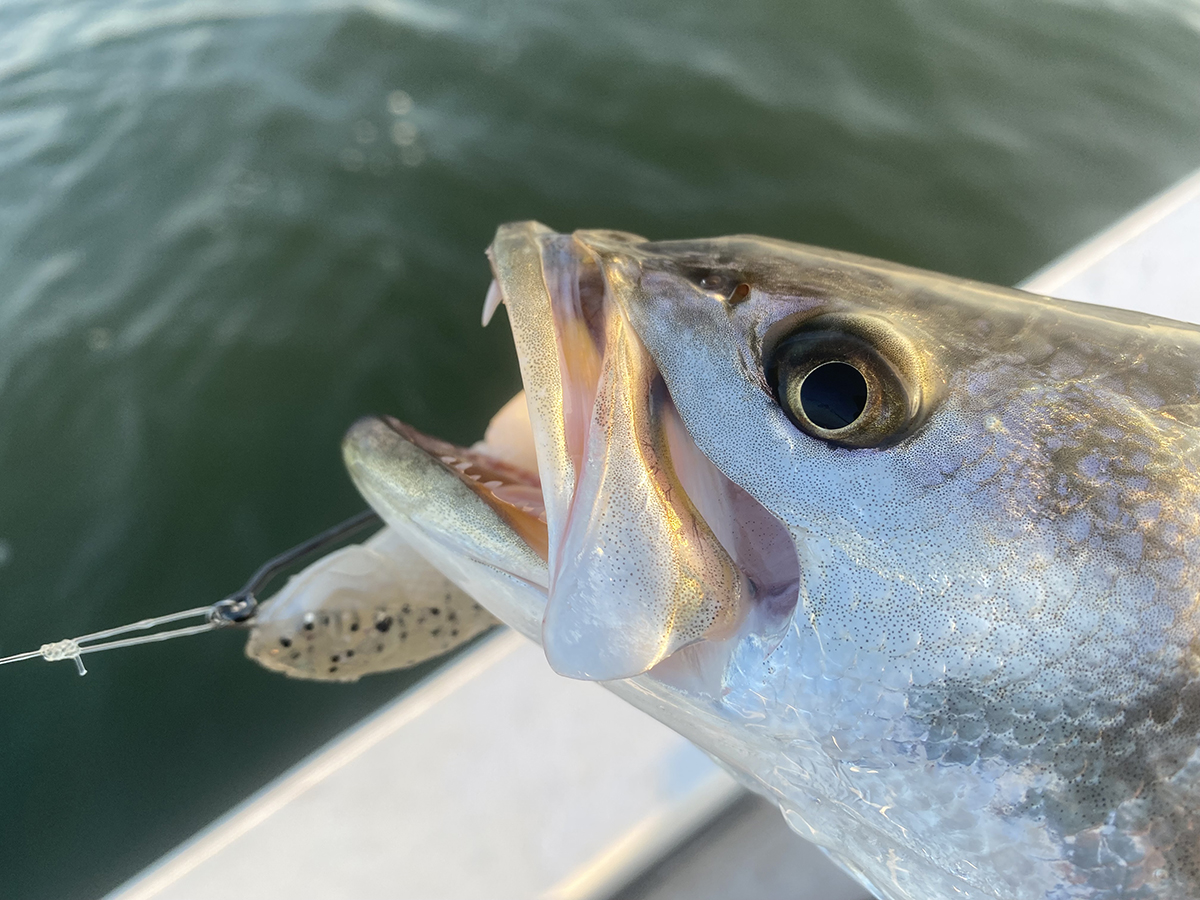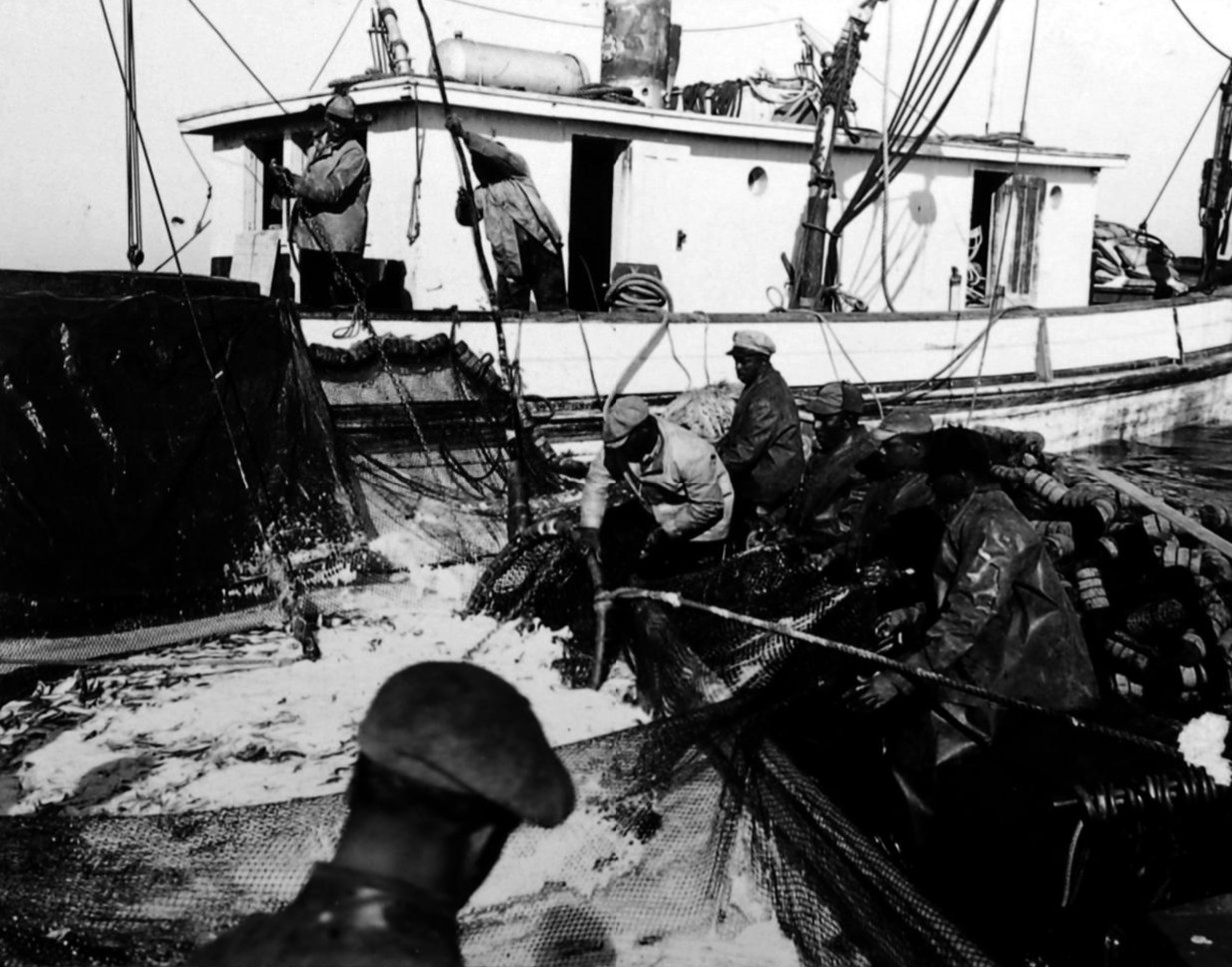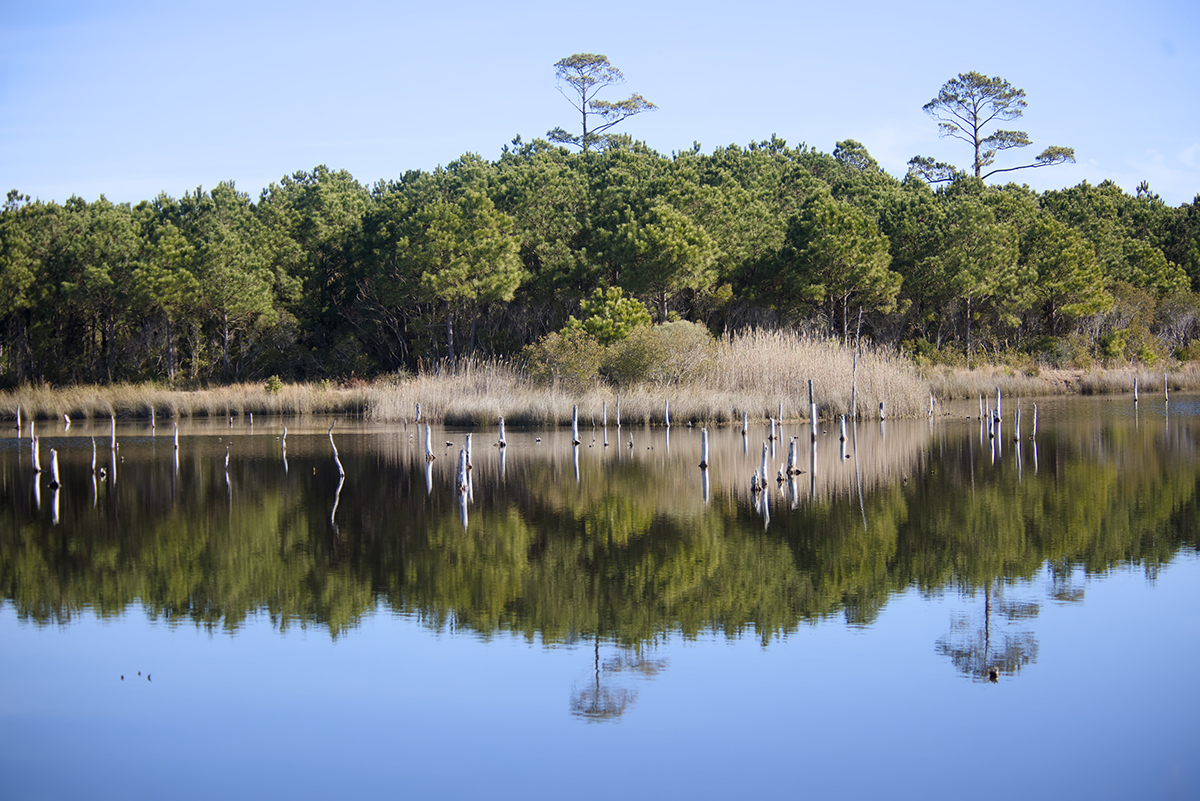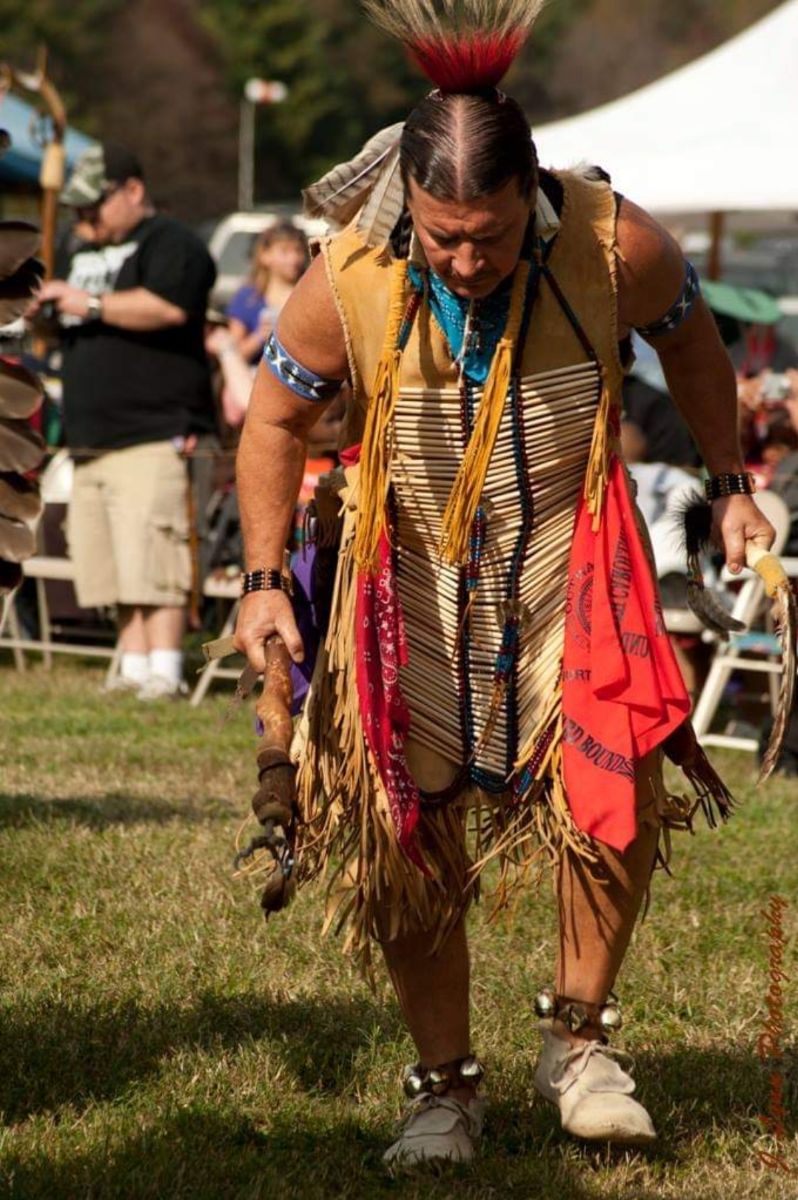
An Outer Banks nonprofit that was created to preserve traditional Indigenous principles embodied by a late-16th century Algonquian leader is concentrating on the roles of women during the organization’s annual two-day educational event scheduled for later this month in Dare County.
Called Secotan Alliance … And Beyond, the organization was formed in 2023 to honor Chief Wingina, leader of the Roanoke-Secotan tribe that occupied almost all of what is now called the Albemarle Peninsula, a five-county area in northeastern North Carolina, when the English first made contact in the 1580s.
Supporter Spotlight
The nonprofit’s mission “is to bring Wingina out of the shadows of history to a more prominent, respectful position, and to teach and promote the Indigenous Earth ethic that he and his people lived by,” Alliance Executive Director Gray Parsons told Coastal Review.
In addition to educating the public on the traditional indigenous principles of the Secotan Alliance under the leadership of Chief Wingina, “specifically in terms of their application and value in today’s world,” the organization works to “educate the public regarding the need and the methods to protect Mother Earth through individual, community, corporate and government actions based on the traditional indigenous earth ethic,” the website states.
The coming program, “In the Spirit of Wingina 2: Our Women, Our Words, Our Water” is set for May 30-31 in Nags Head and Manteo and will feature academic talks, oral tradition from Indigenous people, panel discussions and performances that are to highlight Chief Wingina’s Secotan Alliance, and general Indigenous environmental history, with a concentration on the roles of women.
Wingina’s Secotan Alliance was initially documented by the English during first contact in 1584, covering most of the Albemarle Peninsula which today includes Dare, Hyde, Beaufort, Washington and Tyrrell counties. Wingina tried to help the English during that expedition before sailing back to England. When the English returned to the area a year later, Wingina learned of their plans to establish the first English colony. Wingina then began working with nearby villages to unite and drive the settlers away from Roanoke, according to the organization’s website and state documents.
“Sadly it was Wingina’s attempts to expand the alliance inland in order to stop the English intruders that got him beheaded by the English military in June 1586,” the alliance’s website explains.
Supporter Spotlight
Parsons, who founded the nonprofit, is a descendant of the Machapunga-Mattamuskeet people of the North Carolina inner banks, and grew up in Washington, graduating from East Carolina University in 1972. He spent his career in various fields, including human services, medical sales and marketing, and the organic and natural foods industry.
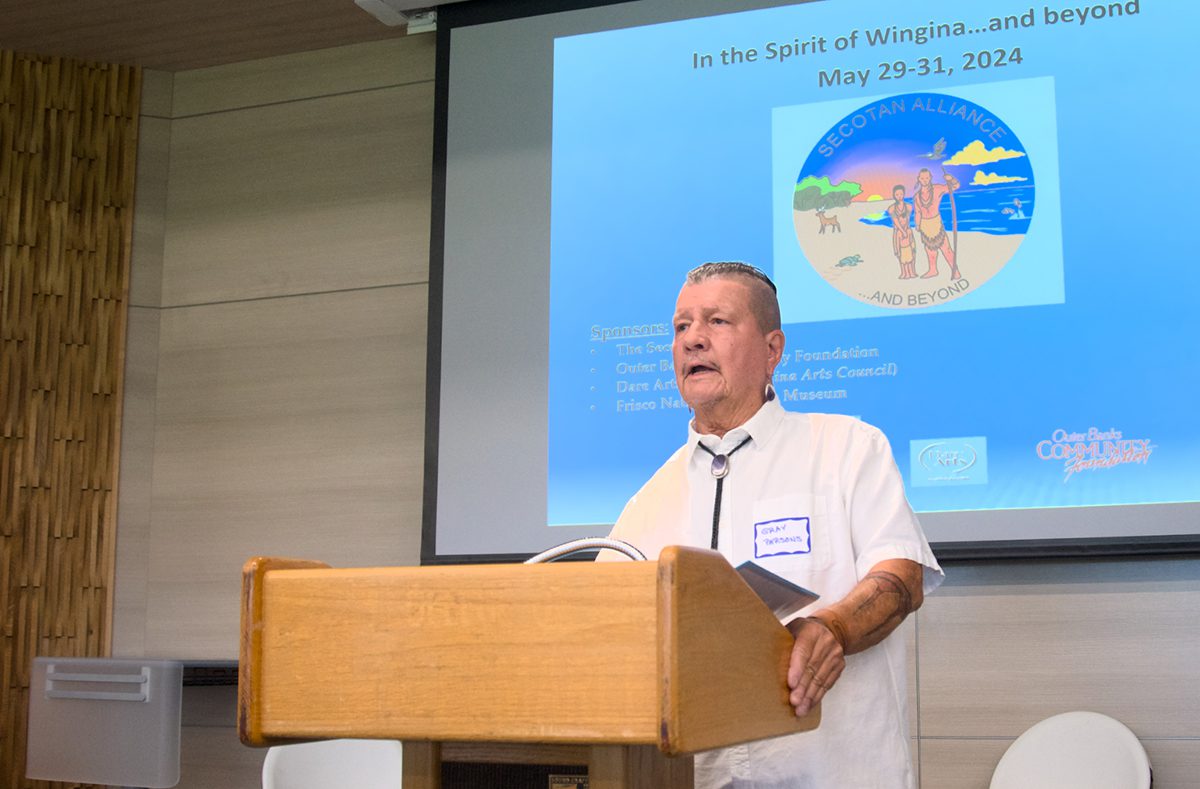
“It’s our belief that everyone on the planet is ‘Indigen-US,’” which he said is different from the word indigenous. It’s spelled almost the same way, but by adding US, “that’s meant to be inclusive for everyone, to understand that all of their ancestors, at one point, lived in a sustainable relationship with creation.”
This means that when decisions were made to embrace new ideas or approaches, “there was always forethought given to seven generations ahead as to how those new approaches or adaptations would affect the next seven generations,” he explained.
The organization’s inaugural program was in May of 2024 in Manteo. “In the Spirit of Wingina … and Beyond” centered on the life of Wingina and his Secotan Alliance that he tried to expand in the mid-1580s with neighboring tribes when English expeditioners first arrived, and the traditional Indigenous approach to environmentalism.
Parsons, of Frisco, said that the two-day program will always be titled “In the Spirit of Wingina” but will have a different theme, with this year being the roles of women.
The program, appropriate for ages 16 and up, is being offered at no charge. Organizers ask that those who plan to attend register online ahead of the event for planning purposes. A full schedule, all program contributors and registration are available on the Secotan Alliance’s website.
About the 2025 event
The 2025 program will “focus on and celebrate the unique leadership roles of our women yesterday and today, all through the diverse use of interactive education, performing and musical arts, language and film,” according to the alliance’s website.
The programming begins at noon Friday, May 30, in the Virginia S. Tillett Center in Manteo, followed at 7 p.m. with a concert in Jennette’s Pier in Nags Head. The program will resume at 9 a.m. Saturday in the College of the Albemarle’s Dare County campus in Manteo.
The emphasis on day one is on Indigenous history and day two is more on the Indigenous Earth ethic, a chance for environmental organizations and Indigenous people to learn how to join forces, and begin effectuating change on a large scale, Parsons continued.
“Each year we will tell briefly the fundamental story of Wingina’s life framed in that critical 18-month period that he dealt as the leader of the entire, what we today call, the Albemarle Peninsula,” he said.
Parsons said that because the focus of this year’s event is women, the keynote speakers are female Indigenous historians. Dr. Helen C. Rountree, and Dr. Karen Ordahl Kupperman, professors emeritae at Old Dominion University and New York University, respectively, have been invited to speak.
Roundtree is scheduled to give her presentation, “Native American Life in Carolina’s Sound Country Before and After the Lost Colony” at 1 p.m. followed at 2 p.m. by Kupperman, who is to present “When Does American History Start.”
Roundtree is recognized for her scholarly work on Native American societies, and highlights the roles of Indigenous women in governance, community life and cultural preservation. Kupperman has written extensively on the interactions between European and Indigenous peoples in the 16th and 17th centuries.
“They’re both held in very high esteem,” Parsons said, and “are experts on indigenous history and specifically the role of women in indigenous history.”
Dr. Gabrielle Tayac is to take the podium at 3 p.m. to share “Piscataway Woman: Her Courage and Honor.” Tayac is associate professor in the history and art history departments at George Mason University, consult curator at the Smithsonian American Art Museum, and contributing author for two books.
Also scheduled to speak are Dr. Crystal A. Cavalier, cofounder and director of the Piedmont-based 7 Directions of Service, Coastal Carolina Riverwatch Executive Director Lisa Rider, Dr. Arwin Smallwood, who is Dean of Arts, Social Sciences and Humanities at North Carolina Central University, David Rahahę́·tih Webb, executive director at Muddy Sneakers, Outdoor Classroom, and Sandra Hope, director of the nonprofit Saving the Circle.
Panel discussions with representatives from Dare County, Frisco Native American Museum, Peace Garden Project, Outer Banks Visitors Bureau, North Carolina Coastal Federation, and other organizations are also on the agenda.
That first day closes out with “An Evening of Indigenous Drum & Flute, Jazz & Indigenous Poetry.” Warren Perkinson of Yapatoko will perform Indigenous hand drum, song and flute, Coquetta Brooks will read Indigenous historical poetry about Wingina from the book “Pampico Blue,” and the Benjie Porecki Trio, out of the Washington, D.C., area, will give a jazz performance.
“All three of these guys are excellent musicians,” Parsons said about the trio.
Perkinson, who will be performing on the flute at various times throughout the two-day program, will open the evening. Brooks is with the Pea Island Preservation Society, one of the event sponsors.
Programming is to resume at 8:30 a.m. May 31 with an emphasis on “The Traditional Indigenous Earth Ethic.” Indigenous descendants and members of North Carolina tribes and coastal environmental organizations representatives will be giving talks or holding panel discussions throughout.
Parsons said that among the panel discussions planned, the “Historic Traditional Indigenous Earth Ethic” that begins at 2:50 p.m. May 31 will focus on defining the historic Indigenous Earth ethic, and the panel that follows at 3:30 p.m., “Contemporary Environmental Earth Ethic” will discuss it.
The second day will wrap up after the 4:30 p.m. discussion on the theme for 2026, which will recognize the anniversary of when Wingina was beheaded.
“June 1 of 2026, will be the 440th anniversary of that death,” which he said the event next year will acknowledge, Parsons said.
Parsons expressed his gratitude to the event sponsors, which include Outer Banks Community Foundation, Outer Banks Visitors Bureau, Dare Arts, North Carolina Coastal Federation, Friends of the Outer Banks History Center, Island Bookstores in Kitty Hawk, Duck and Corolla, Outer Banks Pest Control, and Pea Island Preservation Society. In-kind donations were provided by The Fresh Market, Waveriders in Nags Head, Front Porch Café in Manteo, and Crumbl Cookie in Southern Shores.
Those from out of town can receive the group rate at the Comfort Inn – South Oceanfront in Nags Head. Call 252-441-6315 and mention “Secotan Alliance.”



